Welcome to the A to Z of Bonsai.
We are compiling a worldwide A to Z of Bonsai database. The A to Z is written collaboratively by the people who use it and we would like to encourage anyone reading this page to contribute to what has become the worlds greatest encyclopedia of bonsai terms. Entries when they are made will be added to an editable list which will be checked prior to publication. Photos and images of the bonsai term can be added and links made to relevant web pages.
|
 - 22 entries - 22 entries |
|
 |
|
|
  |
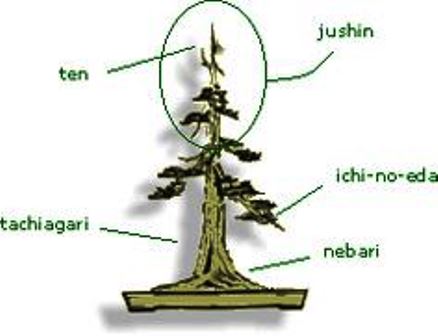
|
EDA>EDA>ICHI NO EDA - Japanese term denoting the lowest branch of a BONSAI>BONSAI>BONSAI tree. See also SACHI EDA and UKE EDA.
|
|
 |
|
|
  |
(No Photo Yet)
(Send Image) |
IKADABUKI - Japanese term for a raft style BONSAI>BONSAI>BONSAI. (See also Raft). This style is created by laying a tree on its side and training all the conveniently placed branches upwards and downward facing branches are removed. The trunk is then buried in the soil and eventually produces ROOTS along its length. Eventually the originally root ball of the tree can be removed once the raft is established.
|
|
 |
|
|
  |
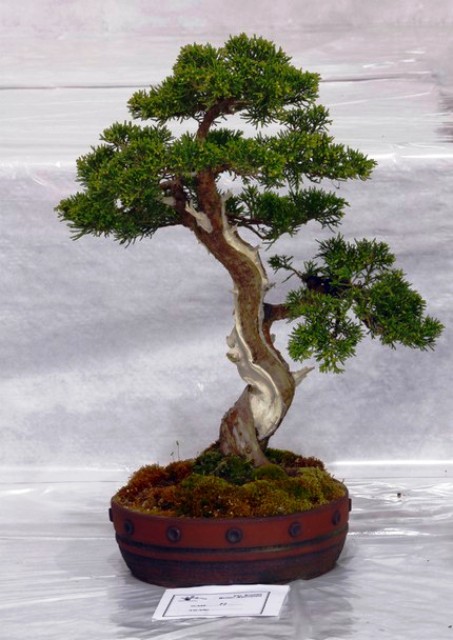
|
IKI MICHI - Japanese term for the live part of the tree trunk. OfTEN seen on juniper where the red BARK contrasts vividly with the pale SHARI.
|
|
 |
|
|
  |
(No Photo Yet)
(Send Image) |
ILICIFOLIUS - Holly-like LEAVES.
|
|
 |
|
|
  |
(No Photo Yet)
(Send Image) |
IMPERIAL - Tree size categorisation generally between 152 and 203 cms tall. Also terMEd "8 Handed" in Japan signifying that it would take 8 men to lift the pot.
|
|
 |
|
|
  |
(No Photo Yet)
(Send Image) |
INCISED (LEAF) - Describes a leaf SHAPE which is deeply and/or irregularly toothed. JAPANESE MAPLEs are notable examples.
|
|
 |
|
|
   |
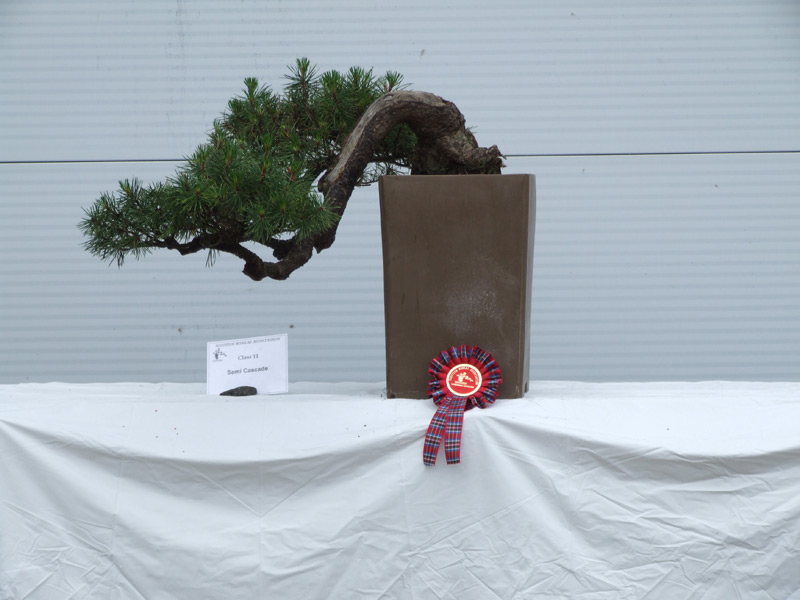
|
INDIGENOUS TREES (SCOTLAND) - The least difficult of trees to grow are indigenous trees i.e. those that grow naturally around us in the countryside and are used to our climatic fluctuations.
A great example is Pine - Scots (Pinus sylvestris) which is a super but often overlooked tree for BONSAI>BONSAI>BONSAI since it grows predominantly in the north of the UK i.e. Scotland. Another example is FIELD MAPLE (ACER CAMPESTRE) which although widespread in Southern England is predominantly found as bushes and only in the South of Scotland.
The attached web link leads to a web site by the Scottish GovernMEnt which outlines most of Scottish indigenous trees.
|
|
 |
|
|
   |
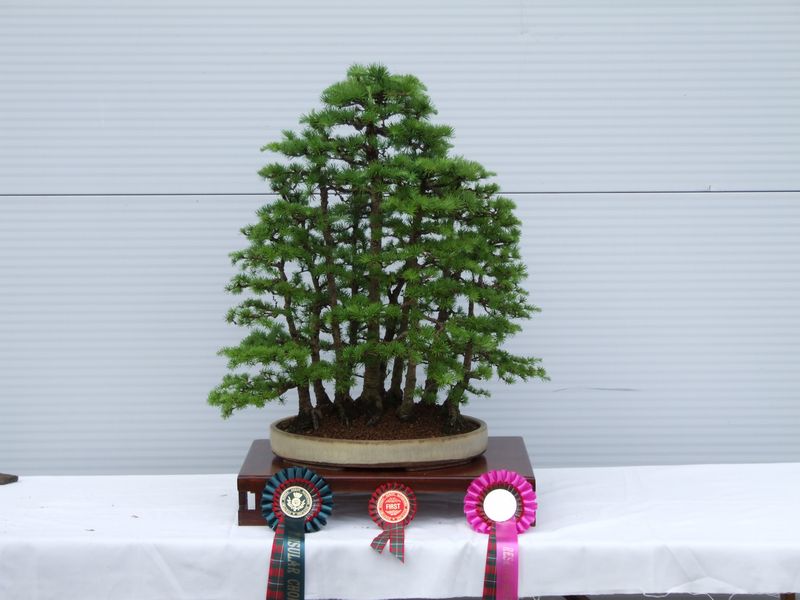
|
INDIGENOUS TREES (UK) - It is widely accepted that ‘native’ trees and shrubs are those SPECIES that have occurred naturally in the UK since the last Ice Age.
More recent introductions that have established themselves in the wild since the last Ice Age are referred to as ‘naturalised’ or ‘archeophytes’.
The linked RHS web site lists both the Indigenous and Naturalised trees, bushes and shrubs found wild in the UK.
|
|
 |
|
|
  |
(No Photo Yet)
(Send Image) |
INDOOR TREES - Generally refers to trees originating from TROPICAL or sub-tropical areas which MEans that, in a temperate climate, they will need to be kept in a controlled environment (house/greenhouse/conservatory) for at least part of the year, in order to protect them from frost, to which they are prticularly vulnerable.
|
|
 |
|
|
  |
(No Photo Yet)
(Send Image) |
INFORMAL UPRIGHT STYLE - With a gently curving upright trunk and the APEX positioned over the root base. In Japanese : MOYOGI.
|
|
 |
|
|
   |
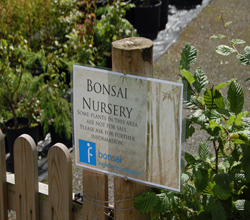
|
BONSAI>BONSAI>BONSAINURSEY>INGLEBY FOUNDATION BONSAI NURSEY - The Foundation works in the voluntary sector support concentrating on inequalities and gaps in service provision thus facilitating a rational choice of support tailored to the communities and individuals need.
Ingleby Foundation Bonsai Nursery is one of the projects specialising in producing trees grown specifically for training as bonsai, and work hard to create starter material with a lot of character and potential. They also produce a large number of field grown trees, with exCELLent trunks and potential to becoME very good specimen trees. Currently they stock containerised field grown JAPANESE MAPLEs, JAPANESE LARCH, Blauws Juniper amongst many others.
Contact - Dave Cheshire.
Ingleby Foundation,
Thisledome,
Waggestaff Drive,
Nuneaton,
Warwickshire,
CV10 9SL
email: david@inglebyfoundation.org
|
|
 |
|
|
  |
(No Photo Yet)
(Send Image) |
INORGANIC - Applies to any chemical compound which does not contain carbon, In horticulture it is used to describe fertilizers which are artificially manufactured.
|
|
 |
|
|
   |
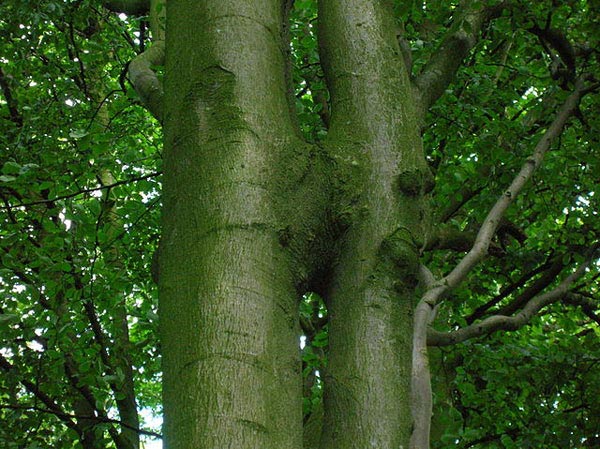
|
INOSCULATION - A naturally occurring phenoMEnom where branches or ROOTS of trees growing together or aCROSS one another will join as a GRAFT>GRAFT.
Most common in the same kind of tree. Inosculation happens when the BARK of two branches are rubbed through to the CAMBIUM layer perhaps by wind action. Often used in the pLEACHING of trees or hedges.
|
| Thanks to - Wikipedia for use of the image |
|
 |
|
|
  |
(No Photo Yet)
(Send Image) |
INSECTICIDE - A chemical compound used for destroying harmful insects.
|
|
 |
|
|
   |

|
International SAIKEI Association - Dedicated to the art of Saikei and those who practice this art the association was originally set up as the British Saikei Association (BSA) in 1996.
The BSA becaME the INTERNATIONAL SAIKEI ASSOCIATION ISA in 2007 after interest from Saikei enthusiasts outside the United Kingdom. Run by a board, they have members in a number of countries each run by a regional director who feeds local concerns about Saikei to the board.
Publishes monthly magazine and site also contains a video on saikei.
Contact : President and Board : david.penny@saikei.co.uk Membership : membership@saikei.co.uk
|
|
 |
|
|
   |

|
BONSAI>BONSAI>BONSAICLUB>INTERNET BONSAI CLUB - Internet forum for exchange of information, advice, intelligence regarding bonsai matters.
|
|
 |
|
|
   |
(No Photo Yet)
(Send Image) |
InterNODE - The distance between two adjacent nodes or leaf joints.
|
|
 |
|
|
  |
(No Photo Yet)
(Send Image) |
Inverse TAPER - Describes a situation where the trunk tapers and then fattens before tapering again producing an unsightly bulge or thickening of the trunk.
|
|
 |
|
|
   |
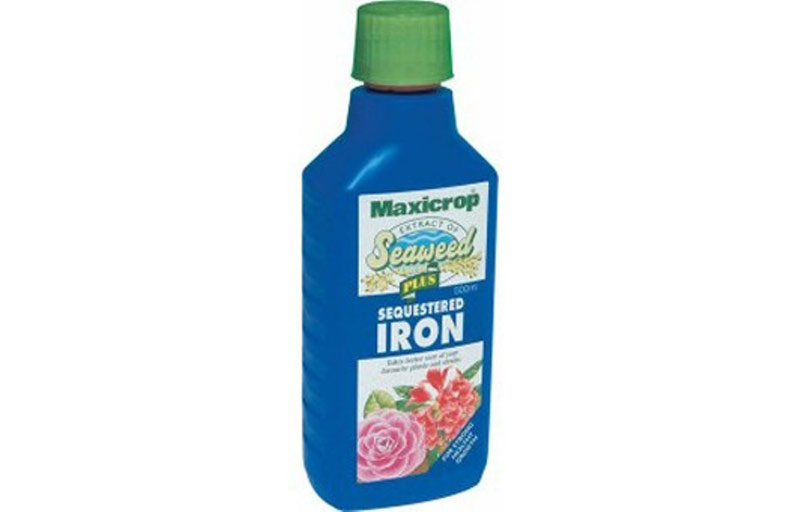
|
IRON CHELATES - Also referred to as "chellated iron"or " SEQUESTERED IRON" is a compound of iron and sodium mixed with a chellating agent to make it soluble in water and so accessible to plants.
It is used to treat CHLOROSIS i.e. where LEAVES produce insufficient CHLOROPHYLL so becoming pale.
|
|
 |
|
|
  |
(No Photo Yet)
(Send Image) |
ISHIZUKE, ISHITSUKI, ISHITZUKI - Rock garden style characterised by entire tree planted on a rock but with no soil in the pot. Water or sand ofetn in the base of the pot.
|
|
 |
|
|
   |

|
BONSAI>BONSAI>BONSAIDREAM>ITALIAN BONSAI DREAM - Bonsai website with very good before and after pictures.
Populated by Mauro Stemberger.
|
| Thanks to - Mauro Stemberger for use of the image |
|
 |
|
|
  |
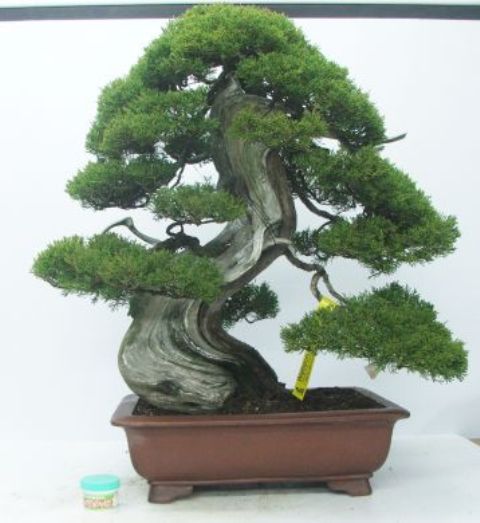
|
ITOIGAWA JUNIPER - Itoigawa is a city in southern Niigata Prefecture, Japan. The term is applied to juniper which originate from this area which are noted for their high quality, dense foliage and ability to produce a mature trunk at a young age.
The picture shows an Itoigawa Juniper created by Urishibata of Japan provided courtesy of BONSAI>BONSAI>BONSAI>WATTSTON BONSAI.
|
| Thanks to - Wattston Bonsai for use of the image |
|